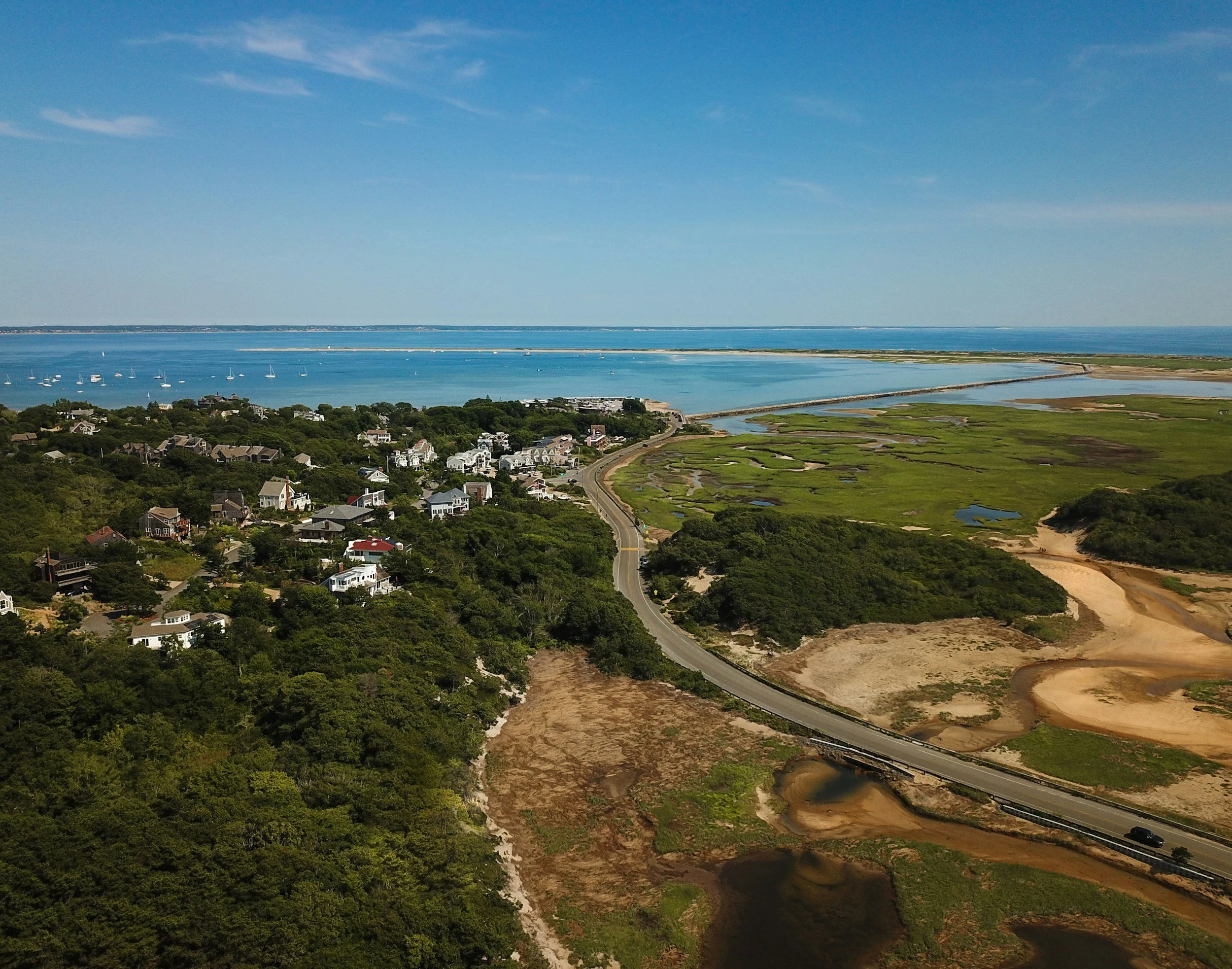Client: Conservation Law Foundation
Liz Stanton, PhD, Emrat Nur Marzan and Sagal Alisalad
February 2018
On behalf of the Conservation Law Foundation, Clinic Director and Senior Economist Liz Stanton, PhD, and Research Assistants Emrat Nur Marzan and Sagal Alisalad prepared an Applied Economics Clinic (AEC) report that investigates how well Massachusetts' energy efficiency programs are reaching under-served communities and hard-to-reach families. In 2017, Massachusetts' "Mass Save" energy efficiency programs ranked number one in the annual efficiency scorecard produced by the American Council for an Energy-Efficient Economy (ACEEE) for the seventh consecutive year. Mass Save's ranking is not, however, a good indicator of whether or not low-income households are getting the services they need. At present, it is not possible to answer this question completely because Mass Save program administrators have access to - but do not include in publicly available statistics - information regarding low-income households, under-served communities and hard-to-reach families. Working with limited data, AEC found that there are substantial differences in energy savings among Massachusetts’ towns, and lower-income communities are receiving lower efficiency savings. This report presents maps and other figures showing differences in efficiency savings, income, and other community characteristics like language abilities and renter status for both Massachusetts towns and neighborhoods within Boston.
This report is one of three AEC publications on behalf of Conservation Law Foundation and other stakeholders in the Massachusetts Energy Efficiency Advisory Council.
News Coverage: Barr Foundation Blog Post
News Coverage: Sampan Newspaper
Link to Maps
Link to Report
Link to Data
Link to AEC/CLF Webinar
Return to Publications Page
Return to AEClinic Home

















